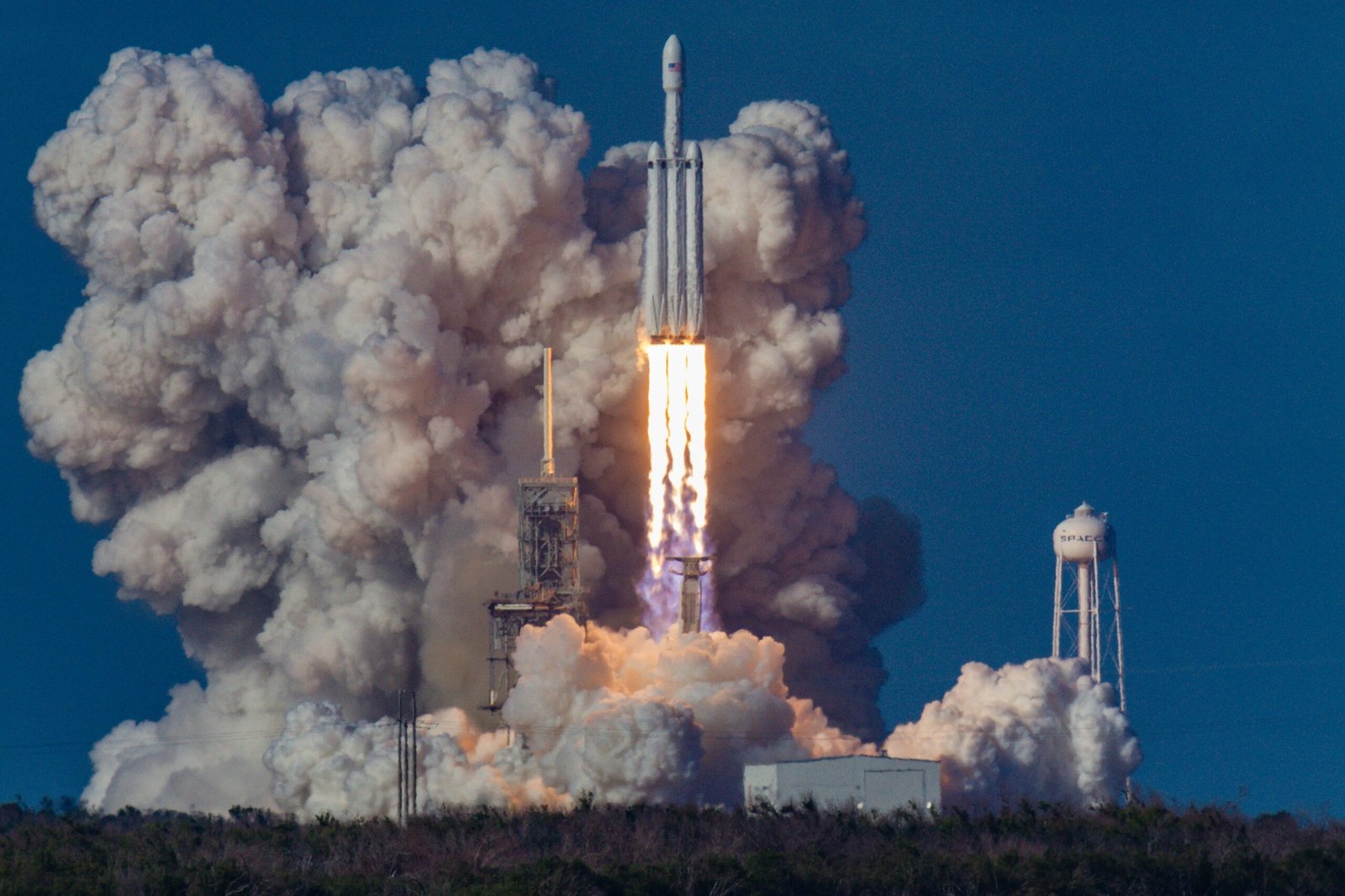A rocket that could challenge SpaceX’s dominance is ready to launch from a long-dormant pad in Florida. This highly anticipated event marks a potential shift in the competitive space industry. The new rocket has drawn global attention as a bold step toward breaking SpaceX’s hold on the commercial space market.
Reviving a Historic Launch Pad
The launch will take place at Cape Canaveral Space Force Station. This pad, once a hub for Apollo and Shuttle missions, has been dormant for years. Now, after major upgrades, it is ready for a new era of space exploration.
The Space Coast, long known for its role in U.S. space history, is now the center of private aerospace activity. Companies like SpaceX and Blue Origin regularly launch from the region. This upcoming flight adds another milestone to Florida’s growing reputation as a hub for innovation.
A New Contender Enters the Arena
The rocket, developed by an emerging aerospace company, promises to disrupt the market. It features cutting-edge propulsion systems and a modular design for efficiency. The company also focused on sustainability, introducing eco-friendly components to reduce environmental impact.
Unlike earlier competitors, this rocket targets heavy payload missions. Its capabilities are comparable to SpaceX’s Falcon 9. However, the design introduces new technology aimed at cutting costs and improving reliability.
Why This Launch Is Crucial
This launch is about more than proving technology—it’s about credibility. Success could attract satellite companies, government agencies, and private clients. These partnerships are critical in an industry dominated by established players like SpaceX.
The rocket is designed to handle diverse missions. These include launching communication satellites, delivering cargo to the International Space Station, and supporting exploration missions. A successful flight would validate the years of development and billions of dollars invested.
SpaceX Faces New Competition
SpaceX has set the standard for reusable rockets and affordable launches. Its Falcon series dominates the market, while Starship is set to redefine space exploration. However, new competitors like this one bring fresh energy to the industry.
Other companies are also making strides. For example, Blue Origin is focusing on heavy-lift rockets, while Rocket Lab specializes in smaller payloads. This growing competition could benefit the entire industry. It may lower costs, improve innovation, and make space more accessible.
High Stakes for the New Challenger
The stakes are high for this launch. A successful mission could open doors to lucrative government contracts and private partnerships. It would also cement the company’s position as a serious contender in the space race.
Failure, however, could raise doubts about the reliability of the vehicle. In the space industry, reputation is everything. Success requires not just one good launch but consistent performance over time.
The Future of the Space Coast
Florida’s Space Coast is buzzing with activity. SpaceX regularly launches from the area, while Blue Origin continues to expand. This environment fosters innovation and attracts global attention to the region.
In 2025, several exciting missions are planned. These include lunar exploration projects and ambitious plans to reach Mars. The success of these ventures depends on collaboration among government agencies, established companies, and new challengers.
What Comes Next?
This rocket represents more than a technological leap—it symbolizes the future of space exploration. Its success could inspire other companies to push the boundaries of what’s possible.
As the countdown begins, all eyes are on Florida. Will this rocket challenge SpaceX’s dominance? Or will it join the ranks of competitors still striving for success? The world waits to find out.





